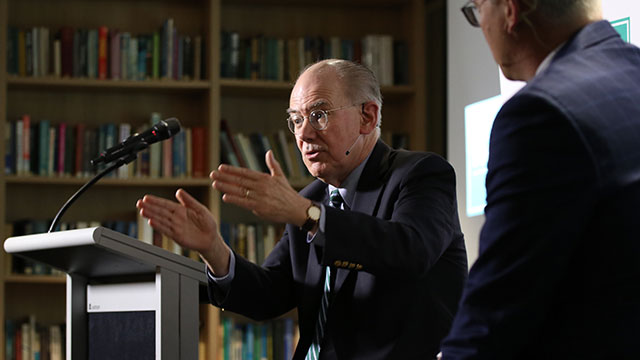
Repeated ‘constitutional accidents’ have shown that Fiji’s internal stability, security, peace and prosperity cannot be guaranteed by the centralisation of governance and shuffling political influence around according to who has the power.
This Issue Analysis argues for small government in Fiji. Most human interactions should be left to voluntary exchanges in markets. Residual collective action should concentrate on protecting property rights and freedom of contract whilst avoiding all discrimination. Economic competition is, after all, ‘racially blind’. Experience has shown that even ardent political foes truck and barter peacefully and voluntarily in markets, as was, for example, the case during the recent Balkan and Afghan conflicts. Once people trade, they learn to trust each other, first in commerce, later in other walks of life.
Markets are therefore the way to racial harmony. By contrast, political action relies on factions, divisiveness and coercion. Opportunistic leaders are likely to exploit social or racial divisions for their own political ends.
The protection of property rights in Fiji requires that the Fijian clans (mataqali) be given full property rights to their own land. The well-intentioned de facto socialisation of Fijian lands should be abandoned. Only when clans and families have full control over their most valuable assets will Fijians learn to be enterprising.
The ‘Malaysian model’ of preferential racial discrimination cannot solve inequalities between ethnic Fijians and Indo-Fijians. A blueprint to do so would be politically divisive and counterproductive.
Much could be gained by the devolution of centralised political power. Most coordination of economic life can be left to free markets. What remains for collective action can to a large degree be handled by cantons, that is, autonomous local governments that exploit local loyalties and local knowledge. These cantons should compete along the lines of competitive federalism. Such a constitutional design would help with the decentralised discovery of diverse solutions to the many conflicts that have accumulated at the central government level. The competitive federal approach should be supplemented by direct democracy, that is. citizen-initiated referenda that allow citizens to overturn the administrative and legislative measures of local or national government.
The greatest enemy to peace and prosperity in Fiji is the tyranny of the status quo. The country’s unique problems demand new ground rules and unconventional solutions.
Wolfgang Kasper is Emeritus Professor of Economics, University of New South Wales, and Senior Fellow at The Centre for Independent Studies.










